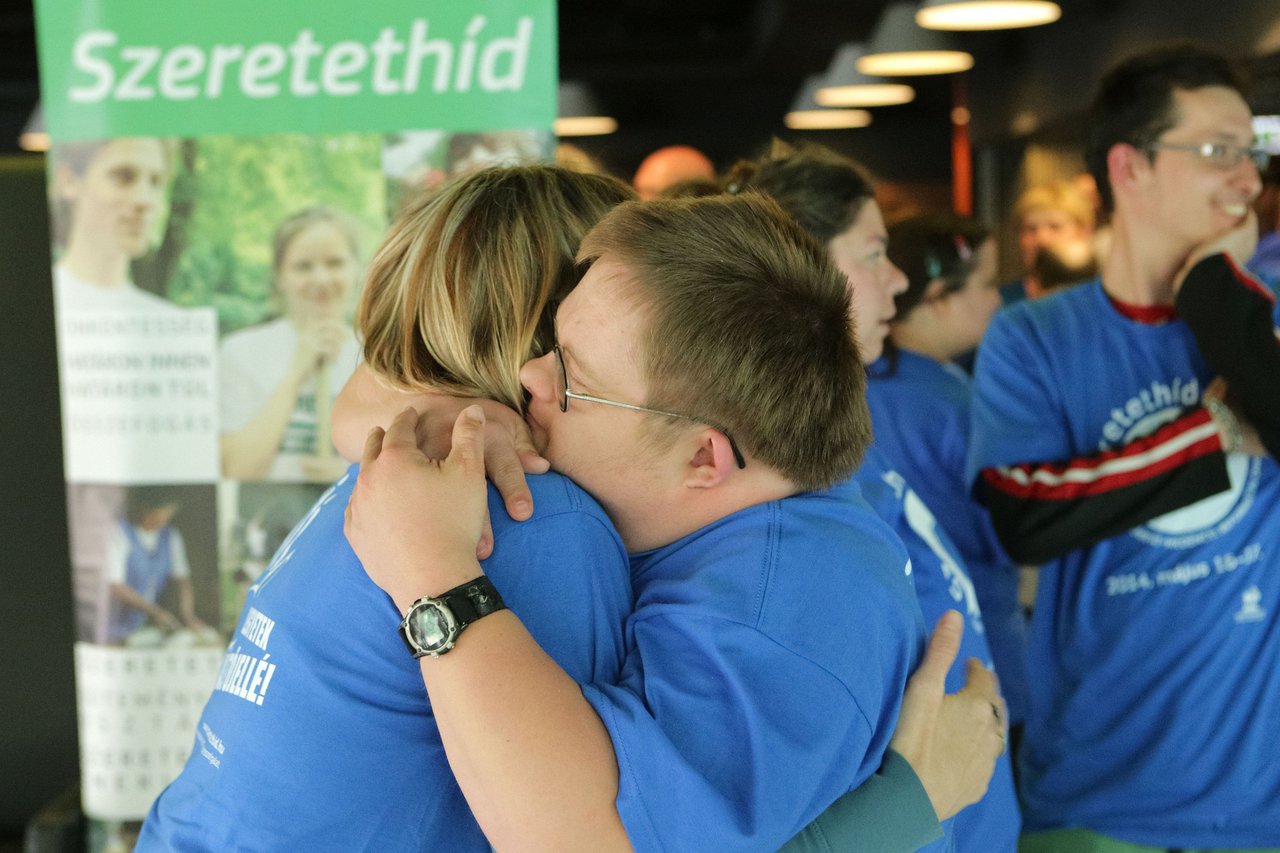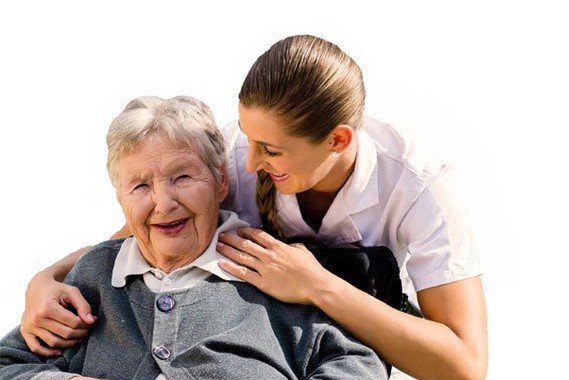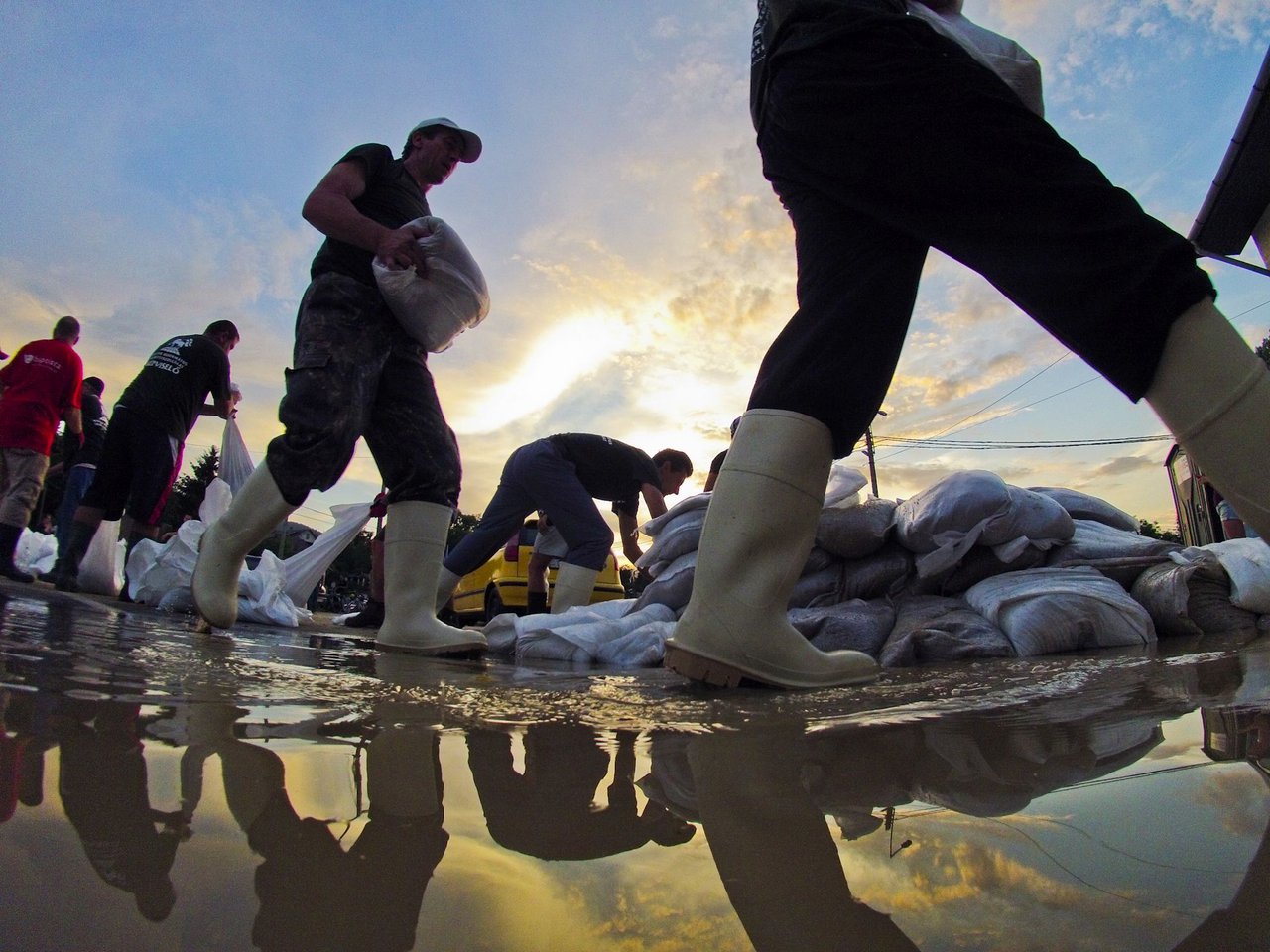The Diaconal Office is mandated by the Synod of RCH to implement the diaconal ministry of the Church as described in the Church Law, especially in the 1st paragraphe of the Act on Diaconal Service of RCH, defining the five main tasks as follows:
- Treatment and care of the sick;
- Treatment, care and support of persons with disabilities, of the elderly, of persons with mental illness and addictions;
- Support of lonely, solitary, single persons and children;
- Support of socially disadvantaged persons;
- Support of socially discriminated persons.
The Diaconal Office aims to provide a wide range of support to congregations and diaconal institutions. It offers not only professional and methodological help, but assistance in assembling and managing grant applications as well. The Office also deals with adult training programmes.
The Reformed diaconal service aims to support and care for ill, disabled, lonely and socially disadvantaged people. Currently, we have around 390 Reformed diaconal services. Among these are elderly homes, homes for the mentally or physically challenged, homeless shelters and groups specialising in social care.
Our priorities
- To promote the diaconal missions of local congregations
- To gain a common diaconial vision in the church for various ministries
- To offer counseling and information
- To collect "best practise" models from various diaconia fields
- To organise diaconal conferences and workshops – capacity building
- To offer educational opportunities
The Centre of Social Care Methodology exercises professional supervision over the diaconal institutions and it organizes conferences, trainings and workshops in various fields of diaconia.
Community-based Diaconia
The primary objective of the Diaconal Office of the Reformed Church in Hungary is to support and promote aid work of Reformed congregations.

Goals for congregational diaconia
- Mapping the diaconal work in congregations
- Developing a shared plan of action by organising nationwide meetings and conferences on a presbytery and church district level with participation from diaconal lecturers
- Exploring, introducing and encouraging current, well-functioning congregational level diaconial models
- Developing new methods (and also keeping the well-functioning old ones) in cooperation with existing educational institutions, to train both volunteers and professionals for congregational work
- Contacting diaconal lecturers and committees in various presbyteries, promoting their collaboration
- Encouraging the scientific processing and publication of our diaconal heritage
- Establishing a diaconal museum and library
- Supporting strategic diaconal planning in the individual congregations
Institutional Diaconia
With its constantly developing methodology, the Diaconal Office of the Reformed Church in Hungary aims to support the service of Reformed diaconial institutions, in order to remain up-to-date on the most recent changes in managerial and financial environments. Being supported by the Diaconal Office, these institutions are able to continuously familiarise themselves with quality professional models and also participate in professional workshops. The Reformed diaconial institutions are constantly provided with the current information necessary for a productive and high-level operation.

The diaconal services of the Reformed Church in Hungary are currently employed in 390 fields, supporting approximately 23,000 individuals. The dedicated diaconal workers believe that they have a calling in their own special fields, and they perform their sacrificial work in faith in order to provide a better quality of life for groups and individuals in need. Statistics show that the demand for these services is great, but the number of institutions providing help is presently very small.
Learn more on Diaconal Work in numbers
The RCH fulfills its mission through maintaining certain institutions that serve not only their local communities, but people nationwide.
Hungarian Reformed Church Aid
Our church is not only engaged with diaconal institutions, but also with professional emergency aid. For this reason, in 2008 the church established the Hungarian Reformed Church Aid. The Hungarian Reformed Church Aid, which is a charity and development organization based on Christian core-values.

Tasks
In the case of natural or humanitarian disasters, the organization reacts quickly and provides clean drinking water, food, basic hygienic toiletries, clothes and shelter for the victims of disasters. In addition, it offers medical assistance, medicine, bandages and other medical equipment for survivors.
HRCA initiates programmes that aim to support long-term development and improvement of living standards in the life of a local community. It distributes aid packages, tools and equipment, emphasizing the importance of knowledge transfer with the organization of trainings in local communities in order to improve living conditions over a long period of time. Furthermore, HRCA organizes informative campaigns, which result in great improvement. The campaigns offer survivors a chance to improve their circumstances by transforming people's ways of thinking (e.g. equal rights for women, the opportunities to work). Finally, HRCA organises up media campaigns and media events that aim to change the local people's way of thinking about the importance of public responsibilities.
Volunteer Work
The Reformed Church in Hungary has a rich history of involving volunteers in the service of its communities. Volunteer work in our church is coordinated by the Hungarian Reformed Church Aid. A workshop with 8-10 members meets monthly to discuss the tasks and projects concerning current volunteer work. In addition, the Hungarian Reformed Church Aid Foundation aims to maintain a relationship with every congregation. It is presently developing a network of volunteer representatives, who will advertise programmes, recruit further volunteers, and help with the realisation of programmes within congregations.
An online database is currently being designed for Reformed volunteers to assist them in their choice of voluntary work in several institutions, congregations and organisations.
A special opportunity for young people is offered during the summertime by residential homes for the elderly and the disabled. Another great possibility for young volunteers is the Starpoint festival that is organized by hundreds of volunteers and takes place in every other July.
To make official volunteerism possible in Hungary, the church aligned itself with the European Year of Volunteering (2011) to promote the idea of legal regulation for local volunteer work. The proper regulation of long term volunteer service will be highly beneficial for the whole society, because youth and those with lower educational levels can be given a chance to gain work experience and build a network for future services.
Bridge of Love: Organized by the Reformed Church Aid
In the spirit of social responsibility we mobilise teams, large and small, all over the Carpathian Basin to offer real support in the fields of social work and environmental protection to residential areas, institutions and congregations. The Bridge of Love was one of the highlighted events for the European Year of Volunteering in 2011 with over 10.000 volunteers helping their community. The Bridge of Love has been held every year since 2009.
ÖDE: Diaconal Year in Hungary
This programme provides long term volunteer service opportunities for youth between 18 and 30 years of age. The volunteers usually come from the following countries: Ukraine (Subcarpathia), Romania (Transylvania), France, Germany and Italy. Volunteers were sent to Germany, Britain, France, Belgium, the Netherlands, Denmark, Italy, Slovakia, Romania and Spain. They organize retreats for the volunteers to evaluate their periods of service.